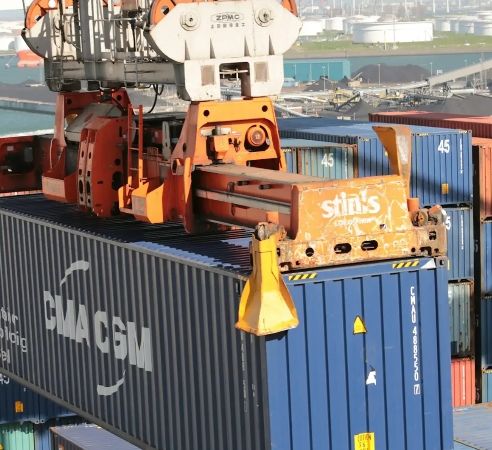Cargo transportation plays a pivotal role in global trade and commerce, facilitating the movement of goods across vast distances. Beyond its apparent purpose of delivering products from one location to another, cargo transportation offers a myriad of benefits that are often overlooked. In this blog post, we will delve into the multifarious advantages of cargo transportation, shedding light on its economic, environmental, and societal impacts.
- Economic Benefits:
Cargo transportation serves as the lifeblood of the global economy, fostering trade and driving economic growth. Here are some key economic benefits:
a) Facilitating International Trade: Cargo transportation enables the exchange of goods between nations, promoting international trade and fostering economic cooperation. It opens up new markets, expands business opportunities, and stimulates economic development.
b) Employment Generation: The cargo industry creates a vast number of job opportunities, ranging from truck drivers and warehouse workers to logistics managers and customs agents. These employment opportunities contribute to reducing unemployment rates and improving living standards.
c) Supply Chain Efficiency: Efficient cargo transportation ensures the smooth flow of goods, reducing inventory costs, and minimizing production delays. By optimizing supply chain operations, businesses can enhance productivity, increase customer satisfaction, and gain a competitive edge.
- Environmental Benefits:
While transportation is often associated with environmental concerns, cargo transportation offers several eco-friendly advantages:
a) Reduced Carbon Footprint: Cargo transportation, particularly through intermodal means such as trains and ships, can significantly reduce carbon emissions compared to individual vehicle transportation. Consolidating goods into larger shipments minimizes the number of vehicles on the road, leading to lower fuel consumption and greenhouse gas emissions.
b) Modal Shift to Sustainable Options: Encouraging a modal shift from road transport to more sustainable alternatives like rail or waterways can alleviate traffic congestion, reduce air pollution, and conserve energy resources. Governments and businesses can collaborate to invest in infrastructure and promote environmentally friendly transportation modes.
c) Efficient Route Planning: Advanced technologies and data analytics enable efficient route planning, optimizing fuel consumption and reducing emissions. Real-time tracking systems and intelligent logistics solutions help minimize empty trips, maximize vehicle utilization, and streamline operations.
- Societal Benefits:
Cargo transportation has far-reaching societal benefits that positively impact communities and individuals:
a) Accessibility to Goods: Efficient cargo transportation ensures the availability of essential goods and services to remote areas, improving the quality of life for individuals residing in underserved regions. It bridges the gap between producers and consumers, enabling access to a wide range of products.
b) Humanitarian Aid and Disaster Relief: Cargo transportation plays a crucial role in delivering humanitarian aid and disaster relief supplies to affected areas swiftly. Whether it is food, medical supplies, or emergency equipment, the timely transportation of goods can save lives and alleviate suffering during crises.
c) Cultural Exchange and Global Connectivity: Cargo transportation facilitates cultural exchange by enabling the movement of goods, fostering international cooperation, and promoting understanding between diverse communities. It connects people, cultures, and markets, fostering global integration and mutual growth.
Conclusion:
The benefits of cargo transportation extend far beyond the mere movement of goods. From driving economic growth and reducing carbon emissions to enhancing accessibility and fostering global connectivity, cargo transportation plays a pivotal role in shaping our interconnected world. By recognizing and harnessing these advantages, we can strive towards a more sustainable, efficient, and inclusive future.


